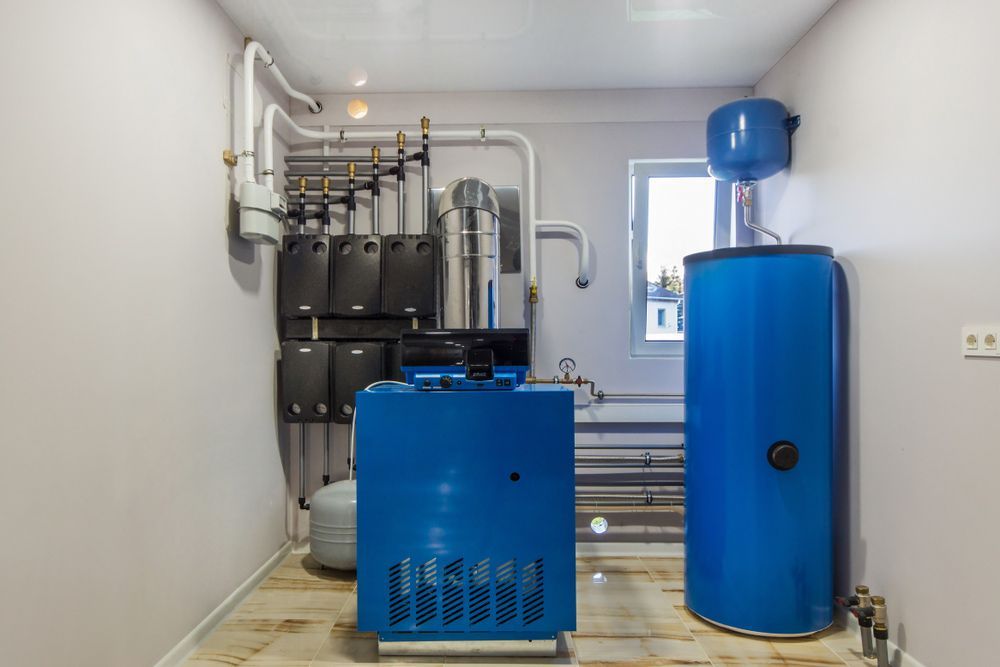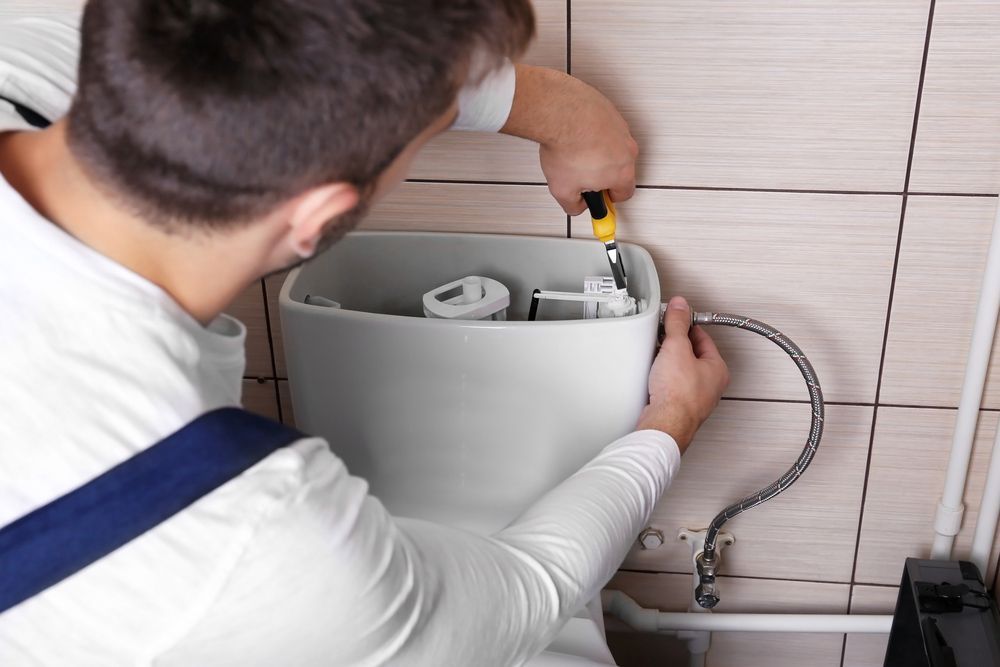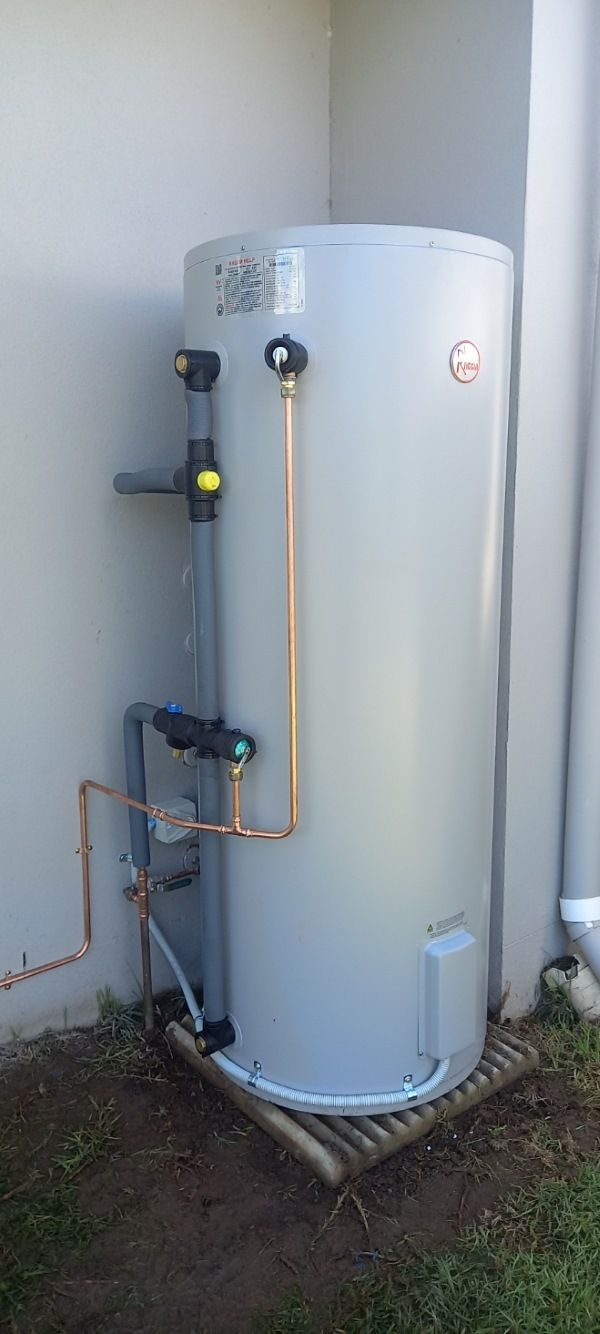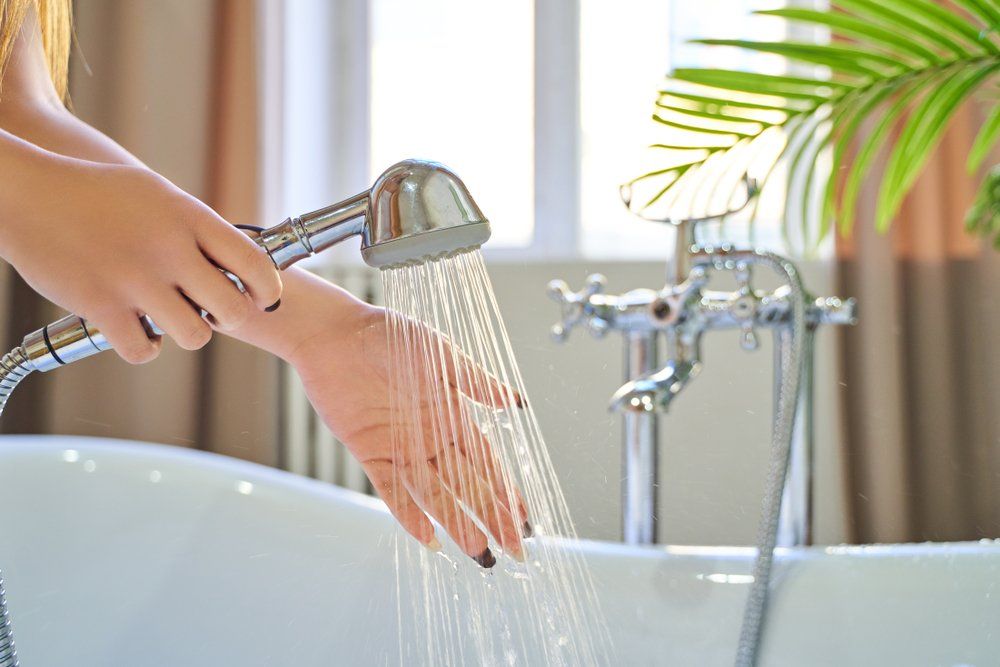Is It Time To Replace Your Hot Water System? Key Signs To Watch For In Toowoomba Homes
On this page:
- Your Hot Water Isn’t Lasting Like It Used To
- Discoloured Or Rusty Water Is Coming from The Tap
- Action steps
- The Unit Is Making Strange Noises
- You’re Noticing Leaks Or Pooling Around The System
- Inconsistent Water Temperature Is Frustrating The Household
- Fix vs replace
- Your Energy Bills Are Creeping Up
- Things to compare
- Your Unit Is Over 8–10 Years Old
- Why Professional Replacement Matters For Toowoomba Homes
- Ready To Replace Your System?
Few things disrupt a home faster than a faulty
hot water system. Whether you’re facing lukewarm showers, skyrocketing energy bills, or strange sounds from the tank, these aren’t just annoyances—they’re signs your system might be on its way out. In Toowoomba, where cooler months can arrive quickly, having reliable hot water isn’t a luxury—it’s essential. This guide will walk you through the key signs that your system may be due for replacement, explain what those symptoms mean, and help you decide whether to repair or upgrade.
Your Hot Water Isn’t Lasting Like It Used To
It’s one of the most common complaints: the hot water doesn’t last as long. If your household now battles over who gets the first shower, your system could be struggling to meet demand.
A noticeable drop in hot water availability could indicate internal wear or mineral buildup, reducing the system’s capacity.
- Storage tanks may be partially filled with sediment, leaving less room for hot water.
- Heating elements can struggle to maintain a consistent temperature.
- Old units recover slowly after use, meaning longer delays between showers.
These issues can slowly creep up over time, but if you’ve already tried cutting back on usage and it’s still not enough, replacement may be the smarter long-term solution.
Discoloured Or Rusty Water Is Coming from The Tap
Hot water that looks brown, orange, or rusty isn’t just unpleasant—it’s a warning. It typically points to internal corrosion, especially in storage tanks.
Action steps:
- Have a plumber test whether the discolouration is coming from the hot water system or your home’s pipework.
- If the rust is originating from the tank itself, the anode rod has likely corroded, and the interior lining is deteriorating.
- Ignoring this can lead to leaks, pipe damage and sediment flowing through the plumbing to taps and appliances.
It’s especially common in older steel tanks, and while anode replacement may help temporarily, significant rust usually means the system is nearing the end of its life.
The Unit Is Making Strange Noises
A healthy hot water system runs quietly. If yours is popping, cracking or making a low rumbling noise, it’s probably time for a closer look.
- Sediment build-up can trap steam bubbles, creating a popping or banging sound when the unit heats up.
- Mechanical wear on valves or heating elements can cause whirring or hissing sounds.
- As the system ages, these noises often become louder and more frequent.
These sounds aren’t just a nuisance. They’re your system’s way of telling you it’s struggling—ignoring them could lead to breakdown or leaks.
You’re Noticing Leaks Or Pooling Around The System
Leaks, even small ones, are never harmless when it comes to
hot water systems in Toowoomba. A small amount of water under the tank may seem minor, but it can quickly lead to significant water damage and costly repairs.
| Symptom | What does it mean |
|---|---|
| Pooling under the tank | Internal corrosion or a cracked tank |
| Moisture around fittings | Failing gaskets or loose pipework |
| Dripping pressure valve | Overheating, system pressure issues |
Leaks from the pressure relief valve are particularly risky. If not addressed, they can lead to full tank rupture or flooding. If your unit is older and leaks keep reappearing, replacing it is often more cost-effective than chasing repairs.
Hot one minute, cold the next? That stop-start fluctuation is more than just annoying—it’s another sign your system isn’t functioning properly.
- Faulty thermostats or heating elements often cause temperature swings.
- Sediment may be insulating the element from the water, preventing even heating.
- Aging systems may overheat in short bursts and then shut off prematurely.
Fix vs replace:
- Minor thermostat issues may be repairable.
- If the problem is recurring or the unit is more than 8–10 years old, a new system will provide better reliability and control.
Your Energy Bills Are Creeping Up
If you’ve noticed rising energy costs with no real change in household usage, your hot water system might be to blame. Older systems often operate at reduced efficiency, using more power to produce the same results.
Things to compare:
- New systems often have better insulation and more efficient heating methods.
- Units with excessive cycling or re-heating use significantly more electricity or gas.
- Systems with scale or sediment build-up run longer and hotter, increasing wear and energy draw.
Installing a newer, energy-efficient unit can result in noticeable savings over time, especially for larger households.
Your Unit Is Over 8–10 Years Old
Hot water systems don’t last forever. Depending on the type (electric storage, gas continuous flow, or solar), the average lifespan ranges from 8 to 12 years, provided proper maintenance is performed.
- Most manufacturers recommend replacement after a decade, even if the system appears to be functioning properly.
- Replacing before complete failure avoids emergencies like mid-winter breakdowns.
- Modern systems often come with better warranties, lower energy use and smarter temperature controls.
If your unit has passed the ten-year mark and is exhibiting any of the signs mentioned above, it’s a strong candidate for replacement.
Why Professional Replacement Matters For Toowoomba Homes
Swapping out a hot water unit isn’t just a plug-and-play job. Local conditions, plumbing codes, and safety standards must all be considered—especially for gas or electric systems.
- A qualified plumber will recommend a system suited to your household size, budget, and water pressure.
- Installation includes safe disconnection, electrical/gas compliance, and testing.
- Improper installs can lead to leaks, poor performance or voided warranties.
In Toowoomba, homes face additional challenges, including cooler overnight temperatures, hard water, and seasonal demand fluctuations, which make proper system sizing and installation even more crucial.
Ready To Replace Your System?
If you’re experiencing any of these signs—rusty water, noisy tanks, inconsistent temperatures, or rising power bills—it’s probably time to explore your options. At Nicholas Wilshire Plumbing, we provide full hot water replacement services in Toowoomba. From system selection to installation, we take care of the entire process to ensure your home gets reliable, efficient hot water again—without the stress.
Please call us to discuss your situation or contact us through our contact page. We’ll assess your existing setup and recommend a modern, energy-efficient solution that fits your household’s needs. Don’t wait for a full breakdown—book your consultation today.









